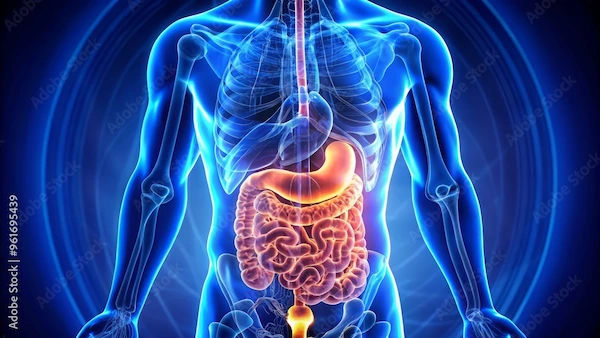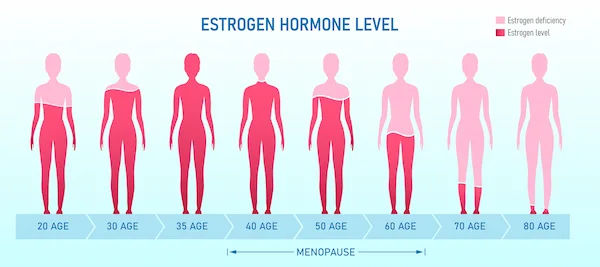Positive HPV After Hysterectomy
Tested positive for HPV after a hysterectomy? Learn what it means, how it can still affect you, and what steps to take to protect your health.

Written by Dr.Sonia Bhatt
Last updated on 8th Jul, 2025
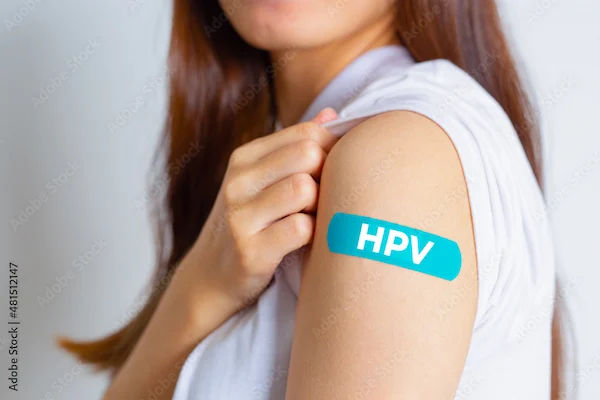
Introduction
If you’ve recently had a hysterectomy and received a positive HPV (Human Papillomavirus) test result, you may have questions and concerns. It’s natural to feel worried, but understanding what this means can help you take the right steps for your health.
This guide explains why HPV might still be detected after a hysterectomy, what it may imply for your health, and what you can do to manage the condition effectively.
What is HPV?
HPV is a common sexually transmitted infection (STI) that affects both men and women. There are over 100 types of HPV, some of which can cause genital warts, while others (high-risk types) may lead to cervical, vaginal, vulvar, or anal cancers.
Most HPV infections clear up on their own without causing any harm. However, persistent infections, especially with high-risk HPV types, can sometimes lead to abnormal cell changes that may develop into cancer over time.
Consult Top Specialists for Personalised Health Advice
Why Can HPV Still Be Detected After a Hysterectomy?
A hysterectomy is a surgical procedure to remove the uterus (womb). Depending on the type of hysterectomy, the cervix may or may not be removed:
Total hysterectomy – Removes the uterus and cervix.
Supracervical hysterectomy – Removes only the uterus, leaving the cervix intact.
If you had a supracervical hysterectomy, the cervix remains, meaning HPV can still affect cervical cells. Even if you had a total hysterectomy, HPV can persist in the vaginal or vulvar tissues, as the virus can infect these areas too.
What Does a Positive HPV Test Mean After Hysterectomy?
A positive HPV test after hysterectomy indicates that the virus is still present in your body. Here’s what it could mean:
1. If Your Cervix Was Removed (Total Hysterectomy):
The virus may still be present in vaginal or vulvar cells.
While the risk of cervical cancer is eliminated, there’s still a small chance of vaginal or vulvar cell changes.
2. If Your Cervix Was Not Removed (Supracervical Hysterectomy):
The cervix is still at risk for HPV-related changes, just as before the surgery.
Regular follow-ups, like Pap smears and HPV tests, are still necessary.
Should You Be Worried?
Not necessarily. Many women clear HPV naturally over time. However, if you have a high-risk HPV type, your doctor may recommend:
More frequent follow-up tests to monitor for abnormal cell changes.
Colposcopy; a closer examination of vaginal or vulvar tissues if needed.
Biopsy if any suspicious areas are found.
How to Manage HPV After Hysterectomy?
While there’s no cure for HPV, you can take steps to support your immune system and reduce risks:
1. Boost Your Immune System
A strong immune system helps clear HPV faster. You can:
Eat a balanced diet rich in fruits, vegetables, and antioxidants.
Exercise regularly.
Get enough sleep.
Avoid smoking as smoking weakens immunity and increases cancer risks.
2. Regular Follow-ups
Even after a hysterectomy, follow your doctor’s advice on:
HPV testing if recommended.
Pelvic exams to check vaginal/vulvar health.
3. Safe Sexual Practices
Since HPV spreads through skin-to-skin contact:
Use condoms to lower transmission risk.
Inform your partner(s) if necessary.
4. HPV Vaccination
If you haven’t already, ask your doctor about the HPV vaccine (Gardasil). While it doesn’t treat existing infections, it protects against other high-risk HPV types.
When to See a Doctor?
Consult your doctor if:
You notice unusual vaginal bleeding, pain, or discharge.
You have persistent genital warts.
Your HPV test remains positive over time.
If you need guidance, consider booking a consultation with a gynecologist on Apollo 24|7 for personalised advice.
Final Thoughts
A positive HPV test after hysterectomy doesn’t always mean a serious problem, but it’s important to stay informed and follow up with your doctor. With the right care and lifestyle choices, you can manage HPV effectively and maintain good health.
If you have concerns, don’t hesitate to reach out to a healthcare provider for support. Schedule a consultation with an Apollo 24|7 specialist today.
Consult Top Gynaecologists
Consult Top Specialists for Personalised Health Advice

Dr. Veena H
Obstetrician and Gynaecologist
16 Years • MBBS DGO
Bangalore
Apollo 24|7 Clinic - Karnataka, Bangalore

Dr Swatika Kumari
Obstetrician and Gynaecologist
19 Years • MBBS, DGO, DNB Obstetrics & Gynaecology
Nashik
Apollo 24|7 Clinic - Maharashtra, Nashik

Dr. Priyanka Surisetty
Obstetrician and Gynaecologist
8 Years • MBBS, DGO
Visakhapatnam
Apollo 24|7 Clinic - Andhra Pradesh, Visakhapatnam
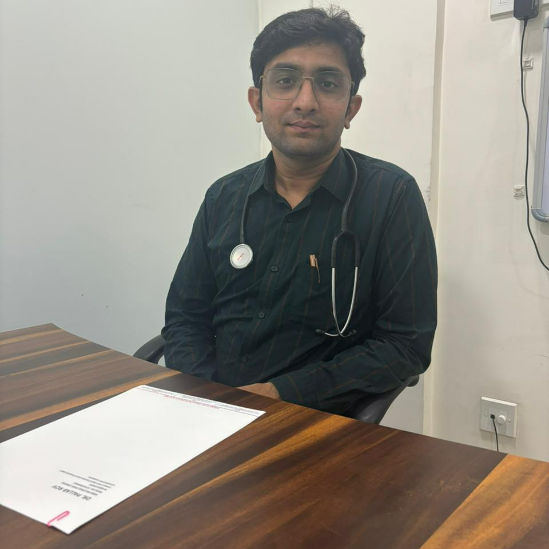
Dr. Pallab Roy
Obstetrician and Gynaecologist
6 Years • MBBS, MS Obstetrics & Gynecology
Kolkata
Dr Pallab Roy, Kolkata
(25+ Patients)
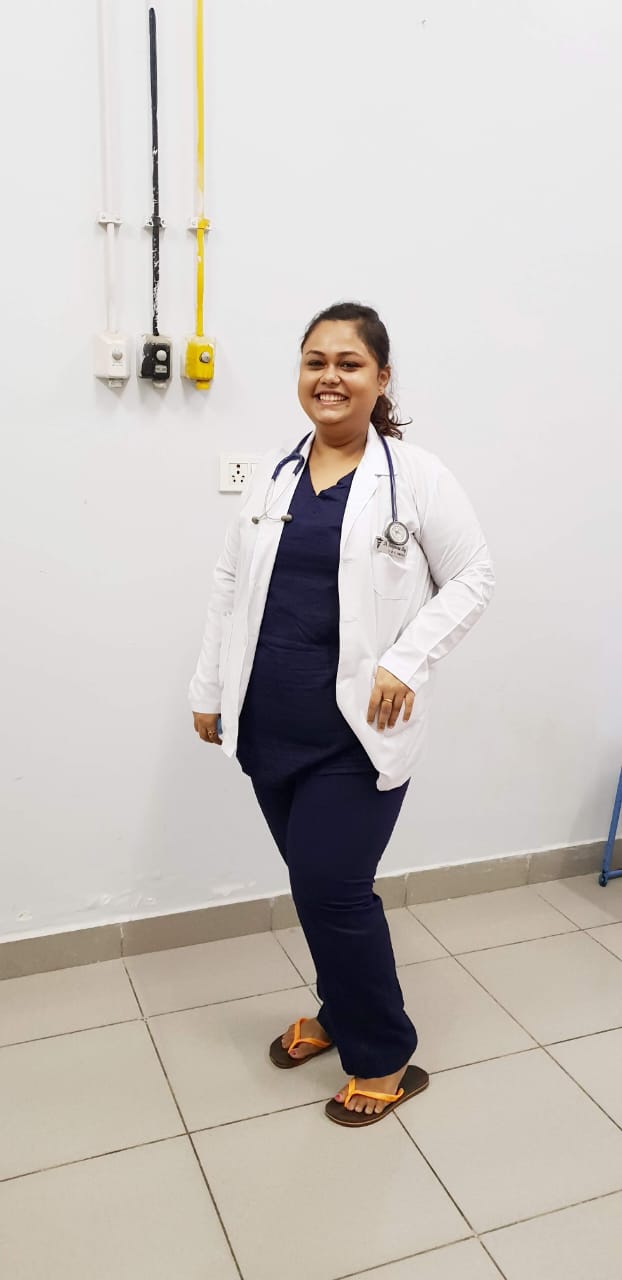
Dr. Sreeparna Roy
Obstetrician and Gynaecologist
8 Years • MBBS , MS (OBSTETRICS & GYNAECOLOGY), Fellowship in Infertility, Endoscopy & Ultrasonography), Fellowship in Laparoscopy & Hysteroscopy,DRM
Barasat
Diab-Eat-Ease, Barasat
Consult Top Gynaecologists

Dr. Veena H
Obstetrician and Gynaecologist
16 Years • MBBS DGO
Bangalore
Apollo 24|7 Clinic - Karnataka, Bangalore

Dr Swatika Kumari
Obstetrician and Gynaecologist
19 Years • MBBS, DGO, DNB Obstetrics & Gynaecology
Nashik
Apollo 24|7 Clinic - Maharashtra, Nashik

Dr. Priyanka Surisetty
Obstetrician and Gynaecologist
8 Years • MBBS, DGO
Visakhapatnam
Apollo 24|7 Clinic - Andhra Pradesh, Visakhapatnam

Dr. Pallab Roy
Obstetrician and Gynaecologist
6 Years • MBBS, MS Obstetrics & Gynecology
Kolkata
Dr Pallab Roy, Kolkata
(25+ Patients)

Dr. Sreeparna Roy
Obstetrician and Gynaecologist
8 Years • MBBS , MS (OBSTETRICS & GYNAECOLOGY), Fellowship in Infertility, Endoscopy & Ultrasonography), Fellowship in Laparoscopy & Hysteroscopy,DRM
Barasat
Diab-Eat-Ease, Barasat
